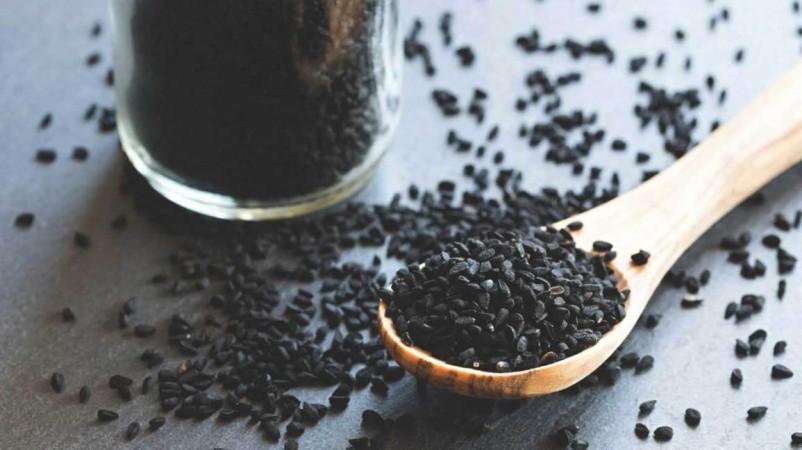Australian researchers have found that seeds of the plant, Nigella sativa, better known as Kalonji in Indian Ayurvedic and Siddha medicine, could be utilised in the treatment of Covid-19 infection.
The flowering plant, native to North Africa and western Asia, has been used for centuries as a traditional remedy for multiple medical conditions, including inflammation and infections. It is also known as Prophetic Medicine as its use has been mentioned in Prophetic Hadith, as a natural remedy for all the diseases except death.
Seeds and oils of N. sativa have a long history of folklore usage in various systems of medicine such as Unani and Tibb, Ayurveda and Siddha in the treatment of different diseases and now the Australian study has cnfirmed that the ingredient acts as a potential inhibitor of SARS-CoV-2 Mpro.
A team from the University of Technology in Sydney found an active ingredient of Nigella sativa can prevent the SARS-CoV-2, the virus leading to Covid-19, from causing a lung infection.

"There is growing evidence from modelling studies that thymoquinone, an active ingredient of Nigella sativa, more commonly known as the fennel flower, can stick to the Covid-19 virus spike protein and stop the virus from causing a lung infection," said lead author Kaneez Fatima Shad, Professor at the varsity. "It may also block the 'cytokine' storm that affects seriously ill patients who are hospitalised with Covid-19," she added.
The study, published in the journal Clinical and Experimental Pharmacology and Physiology, reiterates that the thymoquinone plays a potential role as a treatment for allergic conditions such as asthma, eczema, arthritis conditions including rheumatoid and osteoarthritis, and even possibly multiple sclerosis.
Thymoquinone has been extensively studied in laboratories, including animal studies. These studies have shown that it can moderate the immune system in a good way, by preventing pro-inflammation chemicals such as interleukins from being released.
The Australian study details the mechanisms of action of Nigella sativa and thymoquinone and how they are a promising future treatment of Covid-19 infection. There have been many barriers to the development of Nigella sativa as a therapeutic agent in large part due to its poor natural gastrointestinal absorption.
What's next?
"Advances in pharmacological development such as nanotechnology have seen the chance to overcome this barrier to enable its use as an effective oral medication. Furthermore, the drug has recently been successfully given to patients as a nasal spray and topical paste," said co-author Dr Wissam Soubra, from the varsity.
Nigella sativa has been shown to be helpful in treating high blood pressure, high cholesterol and diabetes mellitus. As an anti-inflammatory treatment, it has also been found to help patients with allergic rhinitis and sinusitis, eczema, osteoarthritis and childhood epilepsy.
It has also been proven to be effective in a laboratory environment in killing bacteria such as staphylococcus aureus that can cause a range of mild to severe infections if they enter the skin and viruses including influenza.

















